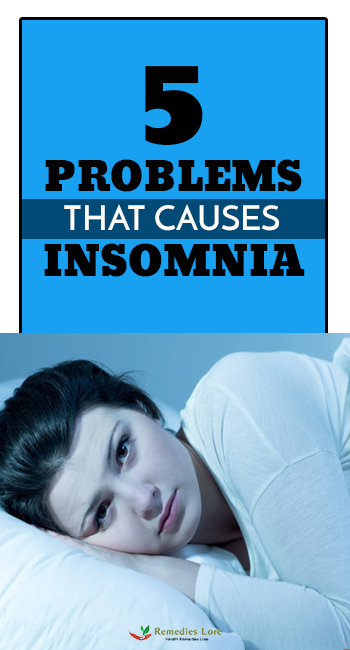

Underlying many of these problems is how the body reacts to stress. Once awakened well before morning, many people have difficulty falling back to sleep. The many reasons for the high rate of poor or interrupted sleep among the elderly include chronic medical problems that cause sleep-disrupting pain or emotional distress, a need to urinate several times a night, and caregiving responsibilities that do not respect the clock. And most studies have shown that insomnia impairs cognitive performance, a possible risk factor for mild cognitive impairment and dementia. While the evidence for this is inconsistent, the Penn State studies showed that people with insomnia are more likely to perform poorly on tests of processing speed, switching attention and visual memory. People with insomnia often complain that they can’t concentrate or focus and have memory problems. Likewise, the risk of developing diabetes was three times greater for the shortest sleepers and twice as great for those who slept between five and six hours. But there was no increased risk among those who regularly slept six or more hours. Studies based on more than 1,700 men and women followed over many years by researchers at Pennsylvania State University College of Medicine found that the risk of developing hypertension was five times greater among those who slept less than five hours a night and three and a half times greater for those who slept between five and six hours. It may also be a risk factor for dementia, especially Alzheimer’s disease.

It’s also linked to an increased risk of developing hypertension, Type 2 diabetes, heart attack, depression, anxiety and premature death. Many others who believe they spend an adequate number of hours asleep nonetheless complain of not feeling rested when they get up.Ĭhronic insomnia, which affects 5 percent to 10 percent of older adults, is more than just exhausting. In a study by the National Institute on Aging of over 9,000 Americans aged 65 and older, more than half said they had difficulty falling asleep or staying asleep. How did you sleep last night? If you’re over 65, I hope it was better than many others your age.


 0 kommentar(er)
0 kommentar(er)
